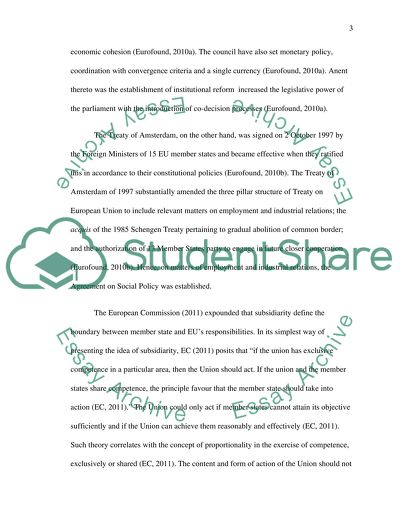Cite this document
(“Subsidiarity in the EU and Federalism Thesis Example | Topics and Well Written Essays - 2500 words”, n.d.)
Subsidiarity in the EU and Federalism Thesis Example | Topics and Well Written Essays - 2500 words. Retrieved from https://studentshare.org/law/1616244-subsidiarity-in-the-eu-and-federalism
Subsidiarity in the EU and Federalism Thesis Example | Topics and Well Written Essays - 2500 words. Retrieved from https://studentshare.org/law/1616244-subsidiarity-in-the-eu-and-federalism
(Subsidiarity in the EU and Federalism Thesis Example | Topics and Well Written Essays - 2500 Words)
Subsidiarity in the EU and Federalism Thesis Example | Topics and Well Written Essays - 2500 Words. https://studentshare.org/law/1616244-subsidiarity-in-the-eu-and-federalism.
Subsidiarity in the EU and Federalism Thesis Example | Topics and Well Written Essays - 2500 Words. https://studentshare.org/law/1616244-subsidiarity-in-the-eu-and-federalism.
“Subsidiarity in the EU and Federalism Thesis Example | Topics and Well Written Essays - 2500 Words”, n.d. https://studentshare.org/law/1616244-subsidiarity-in-the-eu-and-federalism.


